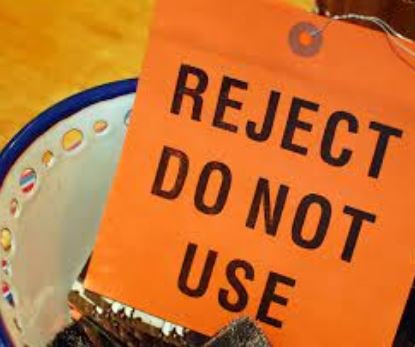In recent years, Fannie Mae has been working towards what they call Valuation Modernization. This process involves allowing for the gradual progression of a bifurcated valuation product to make the home valuation process more efficient and accurate. However, what Fannie Mae did not explicitly state is that they were also trying to combat the growing shortage of appraisers in the industry. The increased qualifications to become an appraiser, along with the the numbers of appraisers leaving the profession, contributed to this shortage.
The newest product Fannie Mae just rolled out is called valuation acceptance + property data. This is when someone, most likely not an appraiser, inspects the property for the lender and provides them with the property data. The lender uses this property data in conjunction with valuation models to determine if a traditional appraisal is needed. However, this is unsettling on many levels. For example, did you know that these property inspectors have no oversight or regulations as of right now? It is up to the lender to demonstrate the credibility of these property data collectors.
In contrast, licensed appraisers and their trainees who are bound by ethics, vetted and background checked by their respective states should be used for all property data collections going forward. But that most likely isn't going to happen because then lenders will have to address the entire reason why we don't provide this service - the fee. The dirty little secret in all of this is that lenders use these data collectors because it is cheap.
Here is an example of what can go wrong when using a property data collector that was not vetted. In one such case, a major Appraisal Management Company hired an individual who stated on his LinkedIn page that he was a "videographer." This same individual was convicted along with two other individuals for staging an armed robbery. It is reported that it was during this conviction that he was hired as a data collector. Is this the type of person you want in your house?
https://appraisersblogs.com/amc-hires-a-convicted-felon-as-property-data-collector
https://www.justice.gov/usao-wdmi/pr/2022_1102_Uchendu-et-al
Cases like this one (and possibly others) raise the concern that criminals, convicted or otherwise, will use property data collections as an opportunity to "case" homes for criminal activity. This creates liability for lenders, the GSEs/taxpayers, homebuyers, and others who rely on these products.
In conclusion, while Fannie Mae's Valuation Modernization process aims to make the home valuation process more efficient and accurate, the use of unlicensed property data collectors raises concerns about the security and safety of homeowners. It is essential that lenders and regulators ensure that these collectors are vetted and regulated, to avoid the possibility of criminals infiltrating the industry. Using licensed appraisers and their trainees, who are bound by ethics and vetted by their respective states, should be the preferred option for property data collections going forward.


